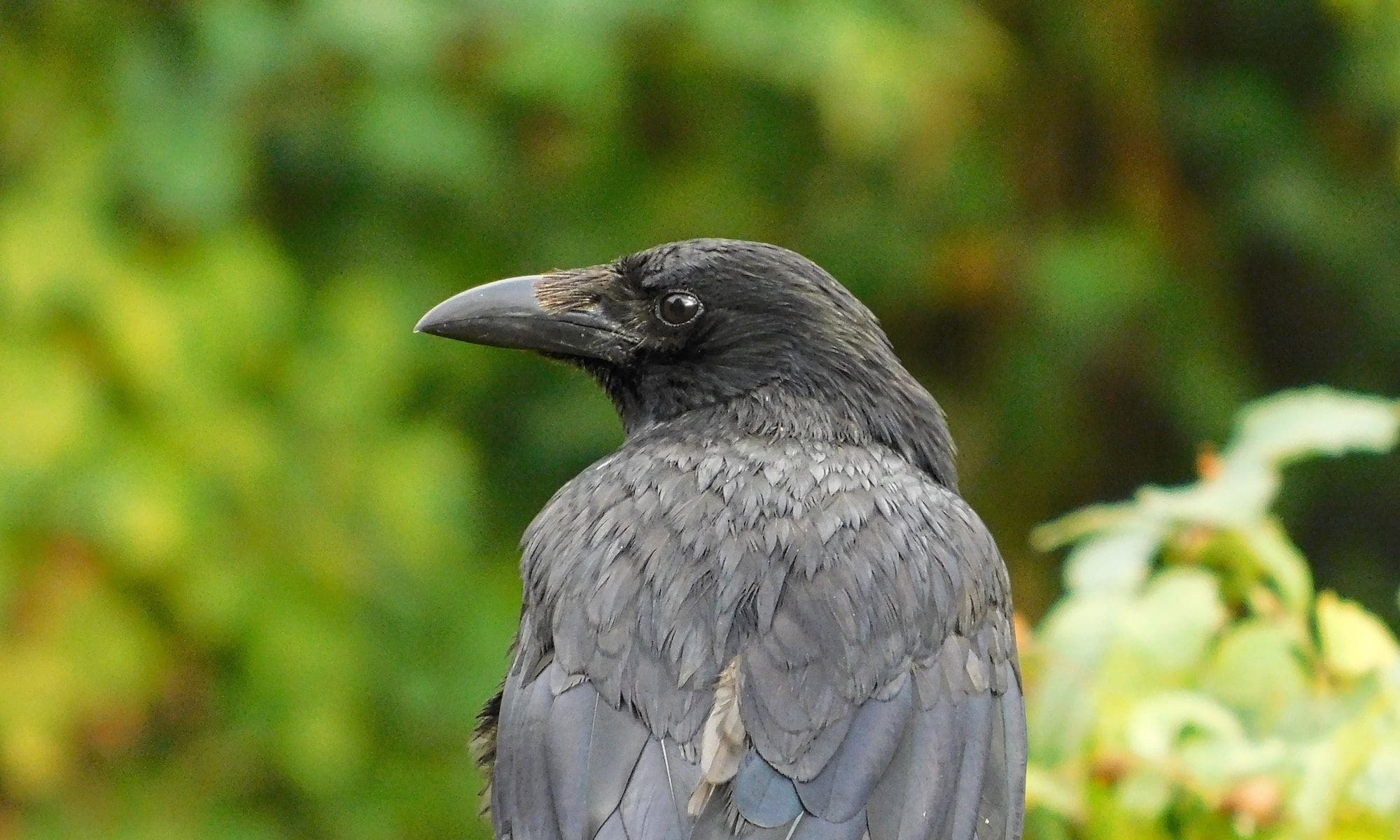Editor’s note: This post has originally been posted on 9th April 2018, and has now been updated and republished.
Many people have a naive and rosy view of the kind of lives animals are living in the wild. Some people strongly believe, and this includes sometimes wildlife rescuers and rehabbers, conservationists and people who think of themselves as nature or animal lovers, that non-human animals living in the wild live in some kind of paradise. However, nothing could be further from the truth. Animals living in the wild live lives that are far from idyllic, and most of them have to deal with the reality of constant threat of tremendous suffering. Although many people accept the fact that animals experience suffering, the willingness to help, to minimise or eliminate suffering, remains rather an exceptional act of kindness. Also, for reasons remaining mostly unclear, many people assume that wild animals do cope better with suffering than domestic animals or our beloved pets. However, there is no reason or scientific foundation for this assumption. 1
Continue reading “Wild Animal Suffering (Republished)”





